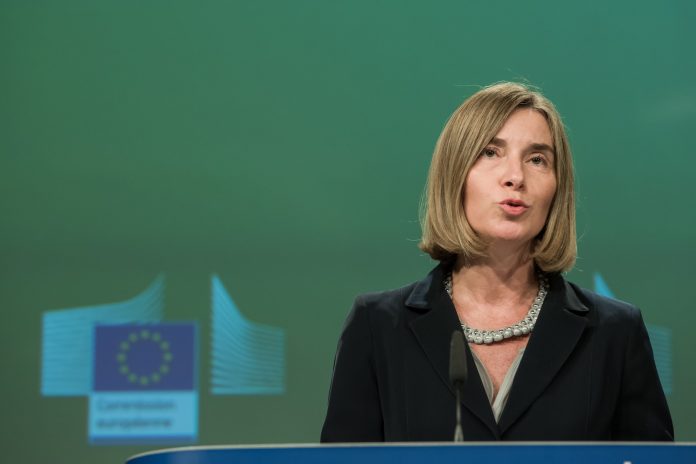The European Union and Tunisia have developed much closer relations and stepped up their cooperation in the various fields covered by the Privileged Partnership. This is the main conclusion of the latest progress report published by the European Commission ahead of the EU-Tunisia Association Council in Brussels on May 15.
The report highlights the intense high-level exchanges, dialogue and cooperation on key issues such as youth employability and reforms, consolidating democracy and promoting good governance (in which Tunisian civil society continues to play a central role), the response to common security challenges and the coordinated management of migration.
‘The European Union and Tunisia are natural partners on account of their geographical, cultural and commercial links,” said the EU High Representative for Foreign Affairs and Security Policy, Federica Mogherini. “We are eager to deepen our Privileged Partnership, and the EU remains committed to a democratic, strong and prosperous Tunisia. Our efforts are focused in particular on the aspirations of Tunisia’s young people, for whose benefit we launched a Partnership for Youth in 2016, which we are in the process of strengthening.”
The EU’s top diplomat also said the local elections on May 6, which the Tunisian government invited the EU to observe, marked an important step in consolidating democracy in the country and implementing the 2014 Constitution. “They pave the way for an ambitious process of decentralisation,” she said.
In turn, the EU’s Commissioner for European Neighbourhood Policy and Enlargement Negotiations, Johannes Hahn said Brussels has provided €300m in grants to support the political and socio-economic transition of Tunisia. “The population is looking for tangible progress and results, and in the light of the current economic situation, the process of institutional and socio-economic reform needs to be speeded up,” he said.

